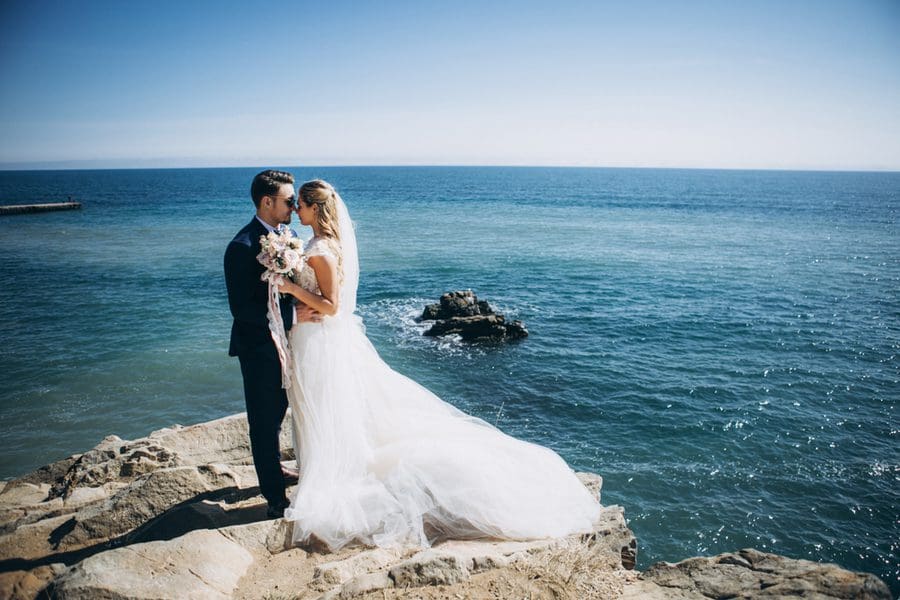Wedding guests were invited and vendor contracts were signed months before this season of summer weddings. Since Covid-19 has arrived, couples must decide whether to go ahead with nuptials as planned. Should they say their vows before only a socially distanced officiant or postpone everything including their blowout celebration until another day? While every wedding is different, here’s an inescapable conclusion: If you’ve planned on becoming a bride in June, July or even August, you’ll likely have to postpone the vows and/or reception.
Moving summer events to the fall or winter may make for less stress. The latest restrictions in your wedding location may change, but some states have not relaxed coronavirus restrictions. For example, Virginia will have shelter-in-place orders in effect until mid-June. Event planners in the state of Washington anticipate that gatherings of more than 50 will be curtailed until August.
Wedding pros are advising their clients to make any important decisions as soon as you can and then take a break from planning. These are the issues to consider.
You want your guests to be safe.
If your state allows gatherings, you’ll want family and friends to join the celebration confident about their safety. Try to set a deadline for yourself to make a decision as you consider your guests’ comfort and peace of mind. Think about the guests who are making travel plans and how much time they’ll need to rearrange their schedules if you postpone.
Consider how many guests wouldn’t be comfortable traveling. Ask your family and closest friends what they think about their safety in attending the wedding. Keeping your guest list local will allow you to delay a decision until about three months before the ceremony. Planners say an RSVP deadline of eight weeks before the wedding date is best to coordinate printing, decorations, and gifts for the wedding party.
You need a back-up plan.
Look now at alternate dates in anticipation that you may change your mind or regulations will shift. The least amount of change generally means the lowest financial impact, and you’ll want to consider the cost of extra fees incurred in postponing until later this year or moving to 2021.
The venue may be shifting other weddings.
Your wedding venue or hotel may be rescheduling earlier spring and early summer weddings, and you could lose the location altogether if you wait too long to re-book. Discovering if the venue and hotel can accommodate the new date is foremost in postponing a wedding.
You want to get the entire team on board.
Getting all your wedding vendors back together for a new date may be unlikely, but plan on scheduling a zoom with the entire team as you discuss changes with your wedding planner and the venue. Review the contracts you’ve signed with all vendors involved in the day—caterers, musicians, photographers, and video team—and discuss solutions if you need to postpone or cancel the wedding.
You deserve assurance about safety.
You are likely to worry about what vendors are doing to protect their health to keep the wedding party and your guests safe. This would be the time for an open and honest conversation about your anxieties.
Family and friends want to stay posted.
Everyone who is invited to your wedding may have questions about the impact of Covid-19 on your plans. Keep family, friends, and wedding party informed by posting updates to your wedding website or Facebook. Let them know you’ll alert them ASAP if there’s any changes.






